
Thoughtful application can reduce resistance and improve overall operations, if consistent steps are followed.

Thoughtful application can reduce resistance and improve overall operations, if consistent steps are followed.
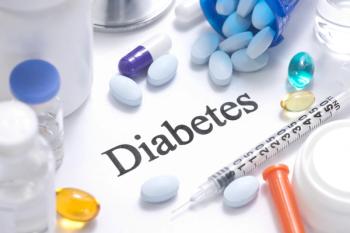
Aspects of normal life outside of the pandemic could create difficulties for children with type 1 diabetes, including pressures around food in school.
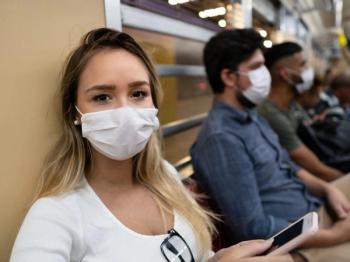
The team discovered a correlation between the implementation of Henry Ford’s universal mask policy and a significant drop in the rate at which its health care workers tested positive for SARS-CoV-2.

Earlier research has found that vitamin D supplementation can prevent inflammation in other respiratory diseases, but there have been limited studies examining the role of vitamin D supplementation in COVID-19.
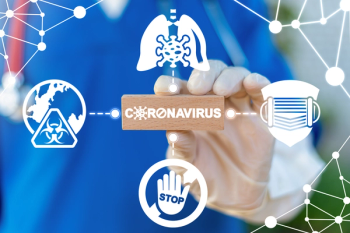
The results from a phase 3 trial in a population of American adolescents aged 12 to 15 years found that the Pfizer-BioNTech COVID-19 vaccine BNT162b2 showed 100% efficacy and robust antibody responses.

The Biden administration has moved to activate 40,000 local pharmacies within the Federal Retail Pharmacy Program, which is a part of the administration’s national COVID-19 vaccination strategy.
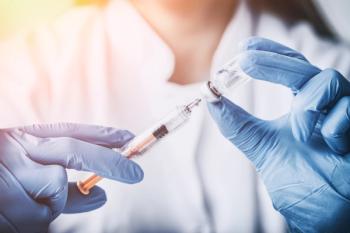
The APhA and the CDC announced that they have entered into a collaborative agreement focused on supporting the role of pharmacists in building the public’s confidence in COVID-19 vaccines.

This week on Pharmacy Times, there are a number of important topics that will be covered and posted throughout the week.

Daily national surveys by Carnegie Mellon University (CMU) show that although COVID-19 vaccine uptake has increased, the proportion of vaccine-hesitant adults has remained unchanged.

The pharmacy community has stepped up mightily to ensure this massive health care effort is successful.
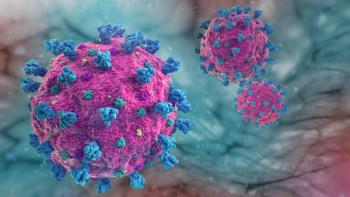
A prognostic COVID-19 Severity Test has been launched for the identification of high-risk individuals who are likely to experience the most severe COVID-19 complications upon exposure to the virus.

Researchers found no evidence that protection against COVID-19 reinfection declined within a 6-month follow-up period.

As the pandemic has continued, it has helped shine a light on how important pharmacists, pharmacy interns, and pharmacy technicians can help impact their communities.

Caroline Carney, MD, MSc, FAPM, CPHQ, CMO of Magellan Health, discusses how pharmacists and other medical professionals can boost their brain health and keep a positive mindset while working during the pandemic.
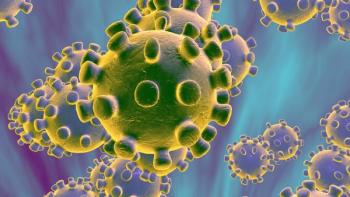
The plot clinical trial included 40 men and is believed to be the first published study to use progesterone to treat male COVID-19 patients whose lung functions have been compromised by the virus.
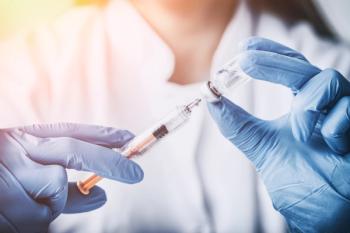
Shoulder injuries are a real concern because some health care workers may be new to administering vaccines.

Farah Towfic, PharmD, MBA, director, CEO operations at US Pharmacopeia (USP), discusses USP’s release of an updated version of its COVID-19 Vaccine Handling Toolkit in response to feedback from independent pharmacies to mass vaccination clinics.

The COVID-19 pandemic significantly impacted pharmacy practice due to its role in supporting overwhelmed physicians, nurses, and other health care professionals who faced some of the immediate challenges of the crisis.
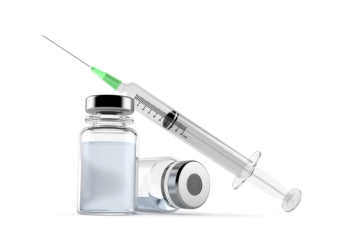
Pharmacies can reach patients who are not receiving vaccines from a pharmacy but are willing to receive them.

More than ever, confidence in objective, science-based data about therapeutics, such as the COVID-19 vaccine and other health care services, is a shared imperative across the pharmaceutical industry, health care communities, and the American public.

This vaccine rollout has become even more crucial for the US health care system, as new mutations of the coronavirus continue to emerge.

New results show that non-Hispanic Black patients with COVID-19 and type 1 diabetes have an additional risk of diabetic ketoacidosis beyond the risk of having diabetes or being of minority status.

Among surveyed American adults, more than half were diagnosable with probable depression at baseline, in addition to 65% who had anxiety and 51% at risk for post-traumatic stress disorder.
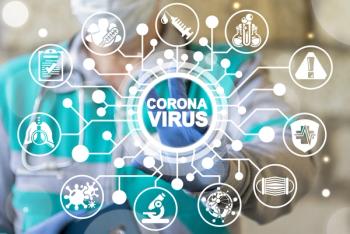
Following a review of the latest interim data released by AstraZeneca on its US phase 3 clinical trial assessing the 2-dose AZD1222 COVID-19 vaccine, the Data and Safety Monitoring Board (DSMB) expressed concern at the inclusion of what may have been outdated data.

Phase 3 clinical testing of a plant-derived COVID-19 vaccine candidate in combination with a pandemic adjuvant commenced following approval to proceed with participant enrollment from regulatory authorities in both Canada and the United States.